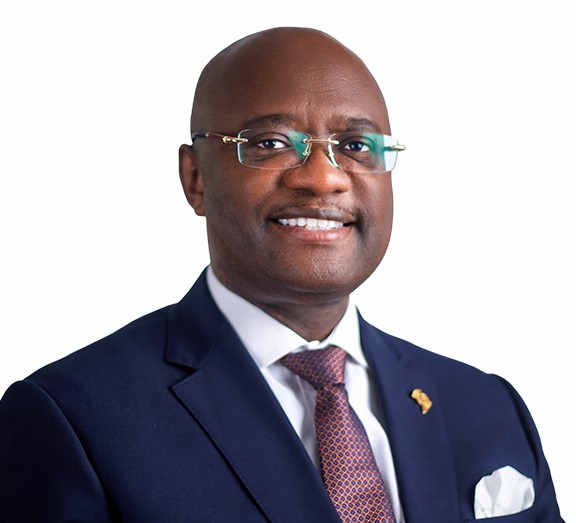The appointment of Dr. George Elombi as the new President and Chairman of the Board of Directors of the African Export-Import Bank (Afreximbank), effective September 2025, marks a significant moment in the evolution of Africa’s financial architecture. A long-serving executive within the Bank, Dr. Elombi has been instrumental in shaping its legal, institutional, and trade frameworks, helping expand Afreximbank’s reach across the continent. His ascension to the presidency is widely seen as a move toward continuity, deepened institutional reform, and more targeted development financing.
Congratulations to Dr. Elombi on this well-deserved appointment, and sincere appreciation to outgoing President Prof. Benedict Oramah, whose visionary leadership over the past decade positioned Afreximbank as a cornerstone of Africa’s economic integration and resilience.
For South Sudan, this leadership change is far from symbolic. It presents a timely opportunity to reengage with one of Africa’s most important financial institutions at a moment when the country’s economic foundations remain fragile. South Sudan has spent the better part of the last decade isolated from continental trade mechanisms and regional development financing. Its economic model remains largely dependent on oil exports, with minimal diversification and weak infrastructure to support industrial or agricultural transformation. As a result, the country has struggled to attract long-term investment or to build the productive capacity necessary for inclusive growth.
Under Dr. Elombi’s leadership, Afreximbank is expected to deepen its focus on post-conflict and under-integrated economies, offering financing models tailored to fragile states. South Sudan could position itself to benefit from this strategic shift. Key sectors such as transport infrastructure, energy, and agriculture require urgent attention and substantial investment. Afreximbank has previously demonstrated capacity to finance such projects, and Dr. Elombi’s expertise in project structuring, legal risk, and trade facilitation may encourage the Bank to take bolder steps in engaging countries like South Sudan, provided there is political will and institutional coordination from Juba.
Beyond infrastructure, South Sudan must seize the moment to diversify its exports. The country possesses immense potential in livestock, fisheries, gum arabic, and grains. Afreximbank’s trade promotion programs and support for value-chain development could offer the foundation for South Sudanese producers to access regional and global markets, especially under the African Continental Free Trade Area (AfCFTA). But to take advantage of such frameworks, South Sudan must overcome its internal divisions, harmonize trade regulations, and foster a climate of transparency and macroeconomic stability.
This requires more than technical engagement—it demands a fundamental rethinking of the country’s economic strategy. South Sudan’s economic managers must begin viewing institutions like Afreximbank
not merely as financiers but as development partners. That shift in mindset will require closer collaboration between the Ministry of Finance, the Central Bank, and the national investment authorities. These institutions must work together to design credible, bankable projects that meet Afreximbank’s standards and reflect the country’s development priorities.
Dr. Elombi’s appointment is, therefore, not only a continental milestone but also a test for South Sudan’s readiness to align with Africa’s new development momentum. As other African states race to secure funding for industrialization, infrastructure, and green growth, South Sudan cannot afford to remain passive. The challenge ahead is clear: engage meaningfully, plan strategically, and build the institutional capacity necessary to convert partnership into progress.
In Dr. Elombi, Afreximbank has found a leader with vision, discipline, and deep-rooted commitment to Africa’s transformation. In his tenure lies a window of opportunity for South Sudan to finally re-enter the African economic conversation, not as a crisis case, but as a future frontier of development. Whether this opportunity is seized or squandered will be a matter of national resolve.
The writer, Samuel Peter Oyay, is a South Sudanese political activist, strategist, and commentator with over two decades of experience in governance and management. He can be reached via samualjago@yahoo.com
The views expressed in ‘opinion’ articles published by Radio Tamazuj are solely those of the writer. The veracity of any claims made is the responsibility of the author, not Radio Tamazuj.




